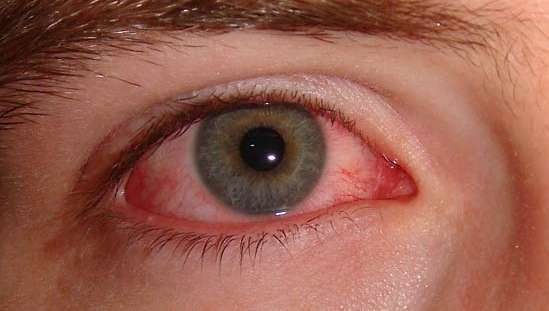Conjunctivitis, also known as “pink eye,” is an infection or swelling in the outer membrane of the eyeballs.Blood vessels in the conjunctiva ( a thin membrane that lines part of theeyes), becomeinflamed. This gives your eye the “red” or “pink”hue that’s commonly associated with conjunctivitis. Our hospital for conjunctivitis in Dwarka receives mostly children who need treatment for this disease, which is highly contagious and spreads easily if precautions aren’t taken. If you’re looking for treatment for conjunctivitis in Dwarka, then just get in touch with us and book an appointment with some of Delhi’s best eye doctors at Ayushman Hospital, Dwarka. Read on to learn more about conjunctivitis and how you can avoid it.
Symptoms of conjunctivitis
As bacterial or viral conjunctivitis is highly contagious, it’s extremely important to pay attention to all the symptoms. The condition can be communicated to others for almost two weeks after getting infected.
Talk with our eye doctors in Dwarka regarding treatment if you experience:
- pink or red-toned eyes
- gritty feeling in your eyes
- watery or thick discharge that builds up on your eyes at night
- itchiness in your eyes
- abnormal amount of tears
Cause of Conjunctivitis
What causes conjunctivitis?
The most common causes are:
Bacteria or Virus
Bacterial conjunctivitis is mostly caused by the same bacteria that cause throat infections. On the other hand, conjunctivitis caused by a virus is usually because of one of the viruses that cause common colds.
Whatever the cause, conjunctivitis is highly contagious and can easily be transmitted from person to person just by hand contact.
For a bacterial infection, antibiotics are the way to go. Adults usually go for eye drops. For children, however, ointment might be a better choice as it’s easier to apply.
Allergies
Allergens like pollen, can cause conjunctivitis in one or both of your eyes.
Allergens stimulate our bodies to create more histamines, which cause inflammation as part of our body’s response to what it thinks is an infection. In turn, this causes allergic conjunctivitis.
Allergic conjunctivitis is usually itchy.
To treat conjunctivitis caused by an allergen, your healthcare provider will probably prescribe an antihistamine to stop the inflammation.
Chemicals
People should also be careful if foreign substances or chemicalsenter their eyes. Chemicals like chlorine, found in swimming pools, can cause conjunctivitis. Rinsing your eyes with water is an easy and effective way to keep a chemical irritant from causing conjunctivitis.




